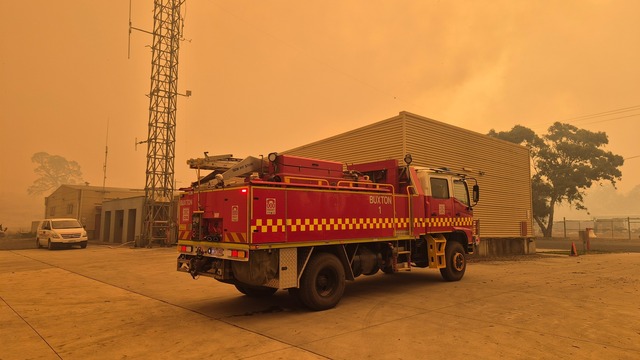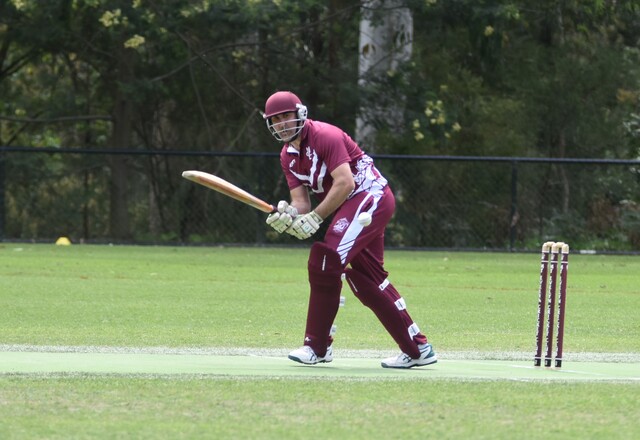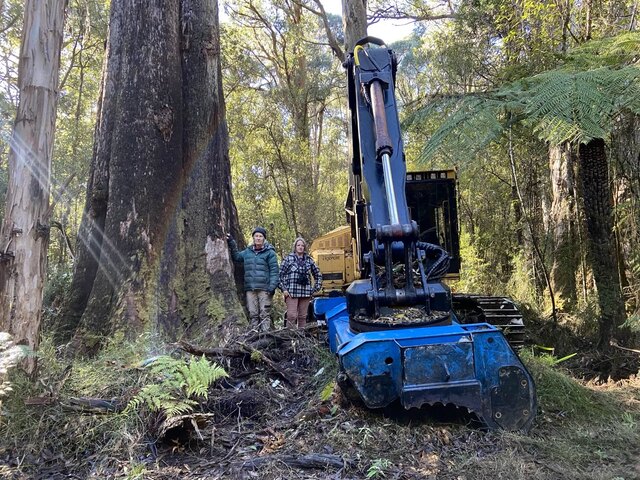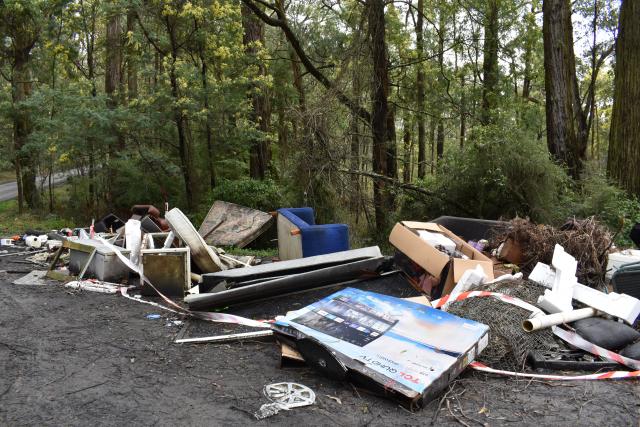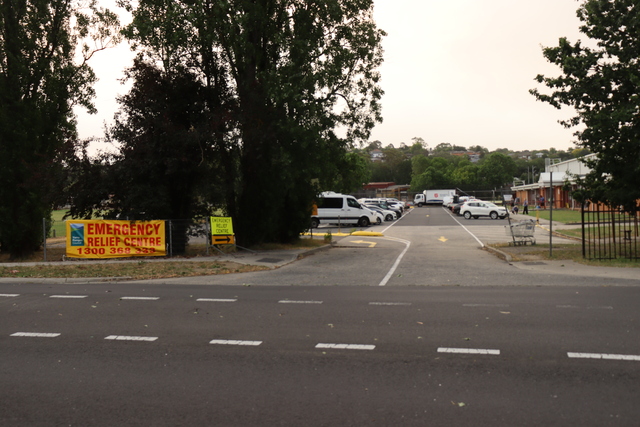The Rural Agency Workforce Victoria (RWAV) has declared how they intend to handle the Victorian Government-funded Regional Mental Health Workforce Incentives program designed to boost mental health access in rural and regional Victoria over the next two years.
$3.865 million has been allocated in response to the recommendations from the Royal Commission into Victoria’s Mental Health System which highlighted significant workforce gaps in rural and regional areas.
CEO of RWAV Trevor Carr said RWAV’s focus in managing the Regional Mental Health Workforce Incentives program is to deliver these incentives where they are most needed in the most effective way.
“Our mission is to attract, recruit and retain a great workforce to priority positions in state-funded mental health and alcohol and other drugs (AOD) services in rural and regional Victoria. Once they are in their roles, we want to support these professionals and their families to integrate into rural and regional Victorian communities to continue to deliver quality service to rural communities,” he said.
“We support the view of the Royal Commission into Mental Health in Victoria that good mental health and wellbeing is not just the absence of mental illness; it is the ability to fully and effectively participate in society. “Therefore, RWAV’s services are carefully developed to support the rural healthcare workforce in delivering good mental health and wellbeing by providing them with other social services, such as housing assistance, relocation, integration into new communities and ongoing professional education.”
Workforce relocation and incentive grants, integration support for workers and their families and support for the promotion of jobs and incentives program are the key aims of the RWAV, to help mental health and AOD workers relocate, settle and remain in rural and regional areas where priority, hard-to-fill positions are desperately needed.
“No doubt, rural health professionals enjoy unparalleled lifestyle rewards. However, choosing a career in rural health care is not just about lifestyle, but also a clear opportunity to do interesting work and make a difference,” said Mr Carr.
A part of the summary of the report prepared by the Royal Commission into Mental Health in Victoria states most of us will experience poor mental health or mental illness at some point in our lives— directly or indirectly.
“Each year, around one in five Victorians will experience mental illness. Almost half of Victorians will experience mental illness during their life. It is estimated that three per cent of people living in Victoria meet the criteria for ‘severe’ mental illness, such as schizophrenia or bipolar disorder.6 That amounts to more than 200,000 people.”


